14 foods you shouldn't keep in the fridge and why
You might think that the fridge is the best place to keep all foods fresh and tasty but think again. From tomatoes to apples, these 12 foods just shouldn't be kept in the fridge and there's a reason behind every one...
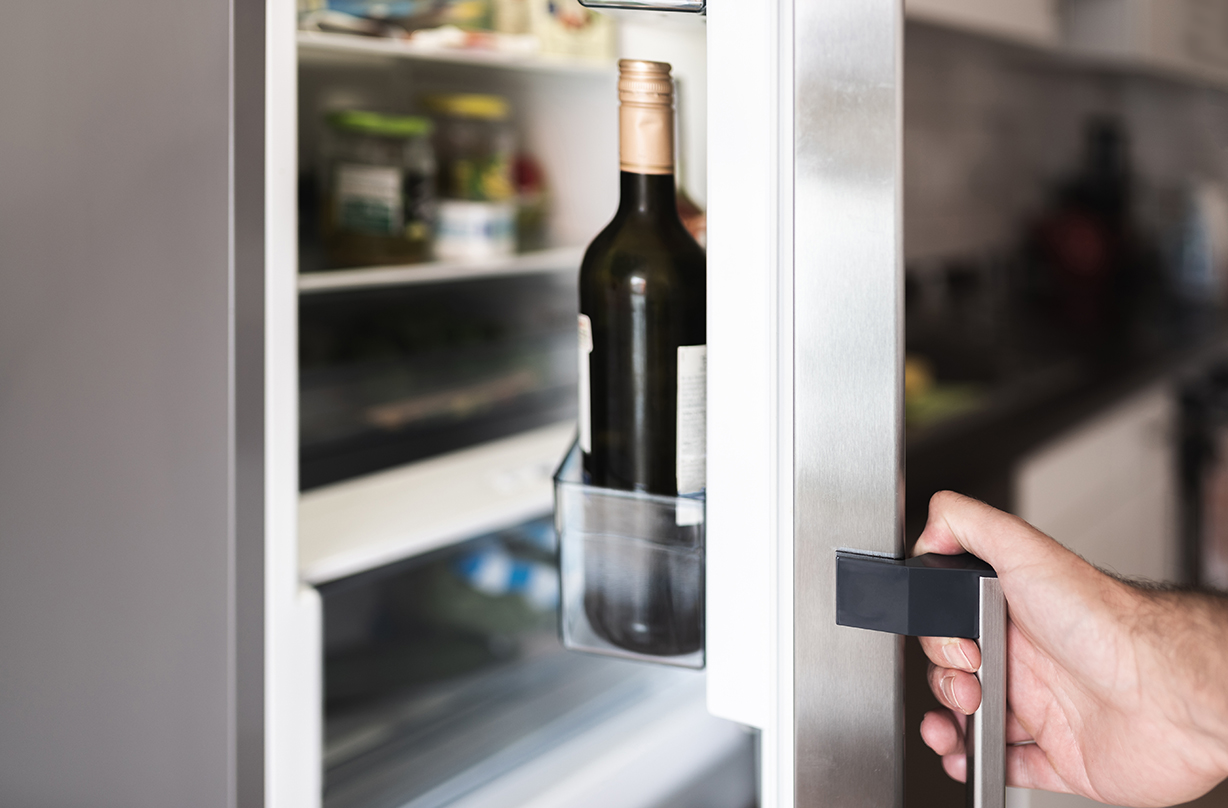

You might think that the fridge is the best place to keep all foods fresh and tasty but think again.
From tomatoes to apples, these are 14 foods you shouldn’t keep in the fridge and there's a reason behind every one...
Where would we be without our trusty refrigerator? It's great for keeping meat fresh, making veggies last longer and keeping our dairy mould free!
You might think that the fridge is the best place to keep all foods fresh and tasty - but think again. If you often chuck all sorts of fruits and vegetables in your fridge when returning from your weekly shop, you may be surprised to find out that some are actually best stored elsewhere!
MORE: Store cupboard recipes: 39 ways to use up potatoes, tins of tomato, tuna and more
From tomatoes to apples, these foods just shouldn't be kept in the fridge and there's a reason behind every one. For some foods, putting them in the fridge means they go bad sooner than they should. And for others, the food just won't taste as food if you refrigerate it as it might kept out of the fridge. There is a rule when it comes to some foods and the fridge - and we'll think you'll be surprised with this selection.
See below to find out why these 14 foods shouldn't be kept in the fridge...
Cucumber
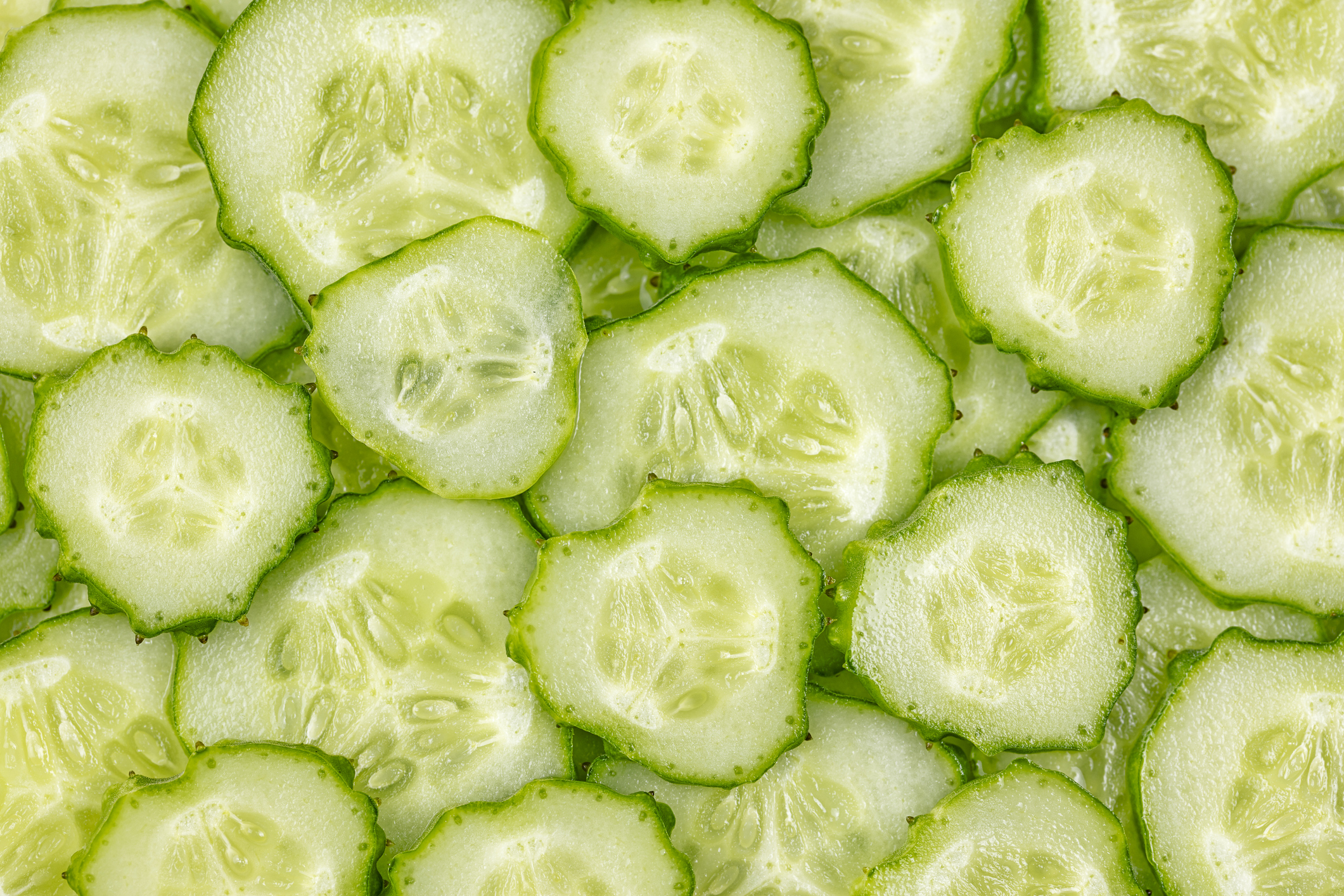
On This Morning recently, presenter Alice Beer left Phil and Holly stunned when she informed them that cucumber shouldn't be stored in the fridge! According to the European Food Information Council, cucumber is not actually a vegetable - and in fact belongs in the fruit bowl. This is because they may be impacted by the cold temperatures of the fridge, which can cause them to go soggy and lose their crunchy texture, meaning they go bad quicker. The College of Agricultural and Environmental Sciences explain that cucumbers get ‘cold injury’ when stored below 10 degrees celsius for longer than three days, which can lead to wateriness, pitting and faster decay. Who knew?!
GoodtoKnow Newsletter
Parenting advice, hot topics, best buys and family finance tips delivered straight to your inbox.
Potatoes
Next on the list is potatoes. Keeping your potatoes in the fridge will make the starch in the potatoes turn into sugar making them taste unusually sweet which is not what you want in a potato!
Not only that but the Food Standards Agency has recently released the following statement: "The most important food not to keep in the fridge are potatoes. When these are stored in the fridge, the starch in the potato is converted to sugar. When baked or fried, these sugars combine with the amino acid asparagine and produce the chemical acrylamide, which is thought to be harmful."
The best way to store your potatoes in a paper bag in a cool, dark place like a pantry. Keeping your potatoes in a paper bag instead of a plastic bag will mean that they'll stay fresher for longer and won't rot as fast.
Chocolate
While you could be tempted to store your chocolate in the fridge so it doesn't melt, turns out that's exactly what you shouldn't do.
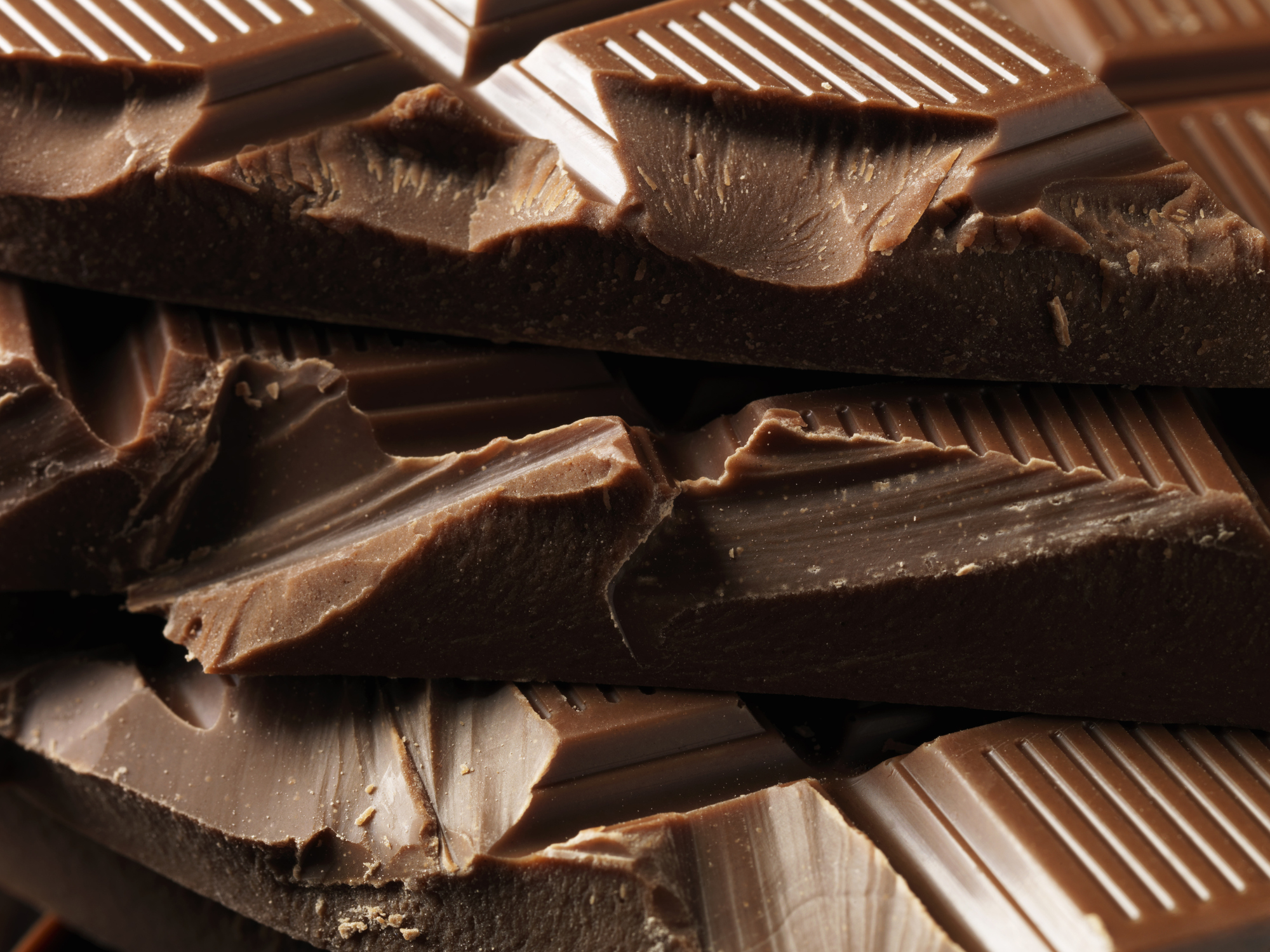
Experts say that your chocolate treats should only be put in the fridge as a last resort if your kitchen is too warm (more than 21C). If you do need to this, make sure you wrap it up so that odours don't spoil the taste.
Chocolate should be stored away from sunlight and any heat sources, preferably at room temperature.
Coffee
While some packets of fresh coffee do actually state that storing them in the fridge is the best option, this isn't always the case.
It turns out that storing your coffee in the fridge could mean you're diluting the taste of your caffeine-fix because, according to experts, the aromas that hang around in the fridge from the rest of your food can have a detrimental effect on that classic coffee smell.
If you've been known to guzzle your coffee quickly, storing it away from sunlight in a cool place is your best bet. If you need it to last more than a few weeks then popping it in the freezer and adding boiling water to help it defrost as you want to drink it is perfect.
Bread
We really wouldn't recommend keeping bread in the fridge. Not only will it dry out your loaf very quickly but it'll make it taste different, meaning it just won't be the same when it comes to making a sandwich.
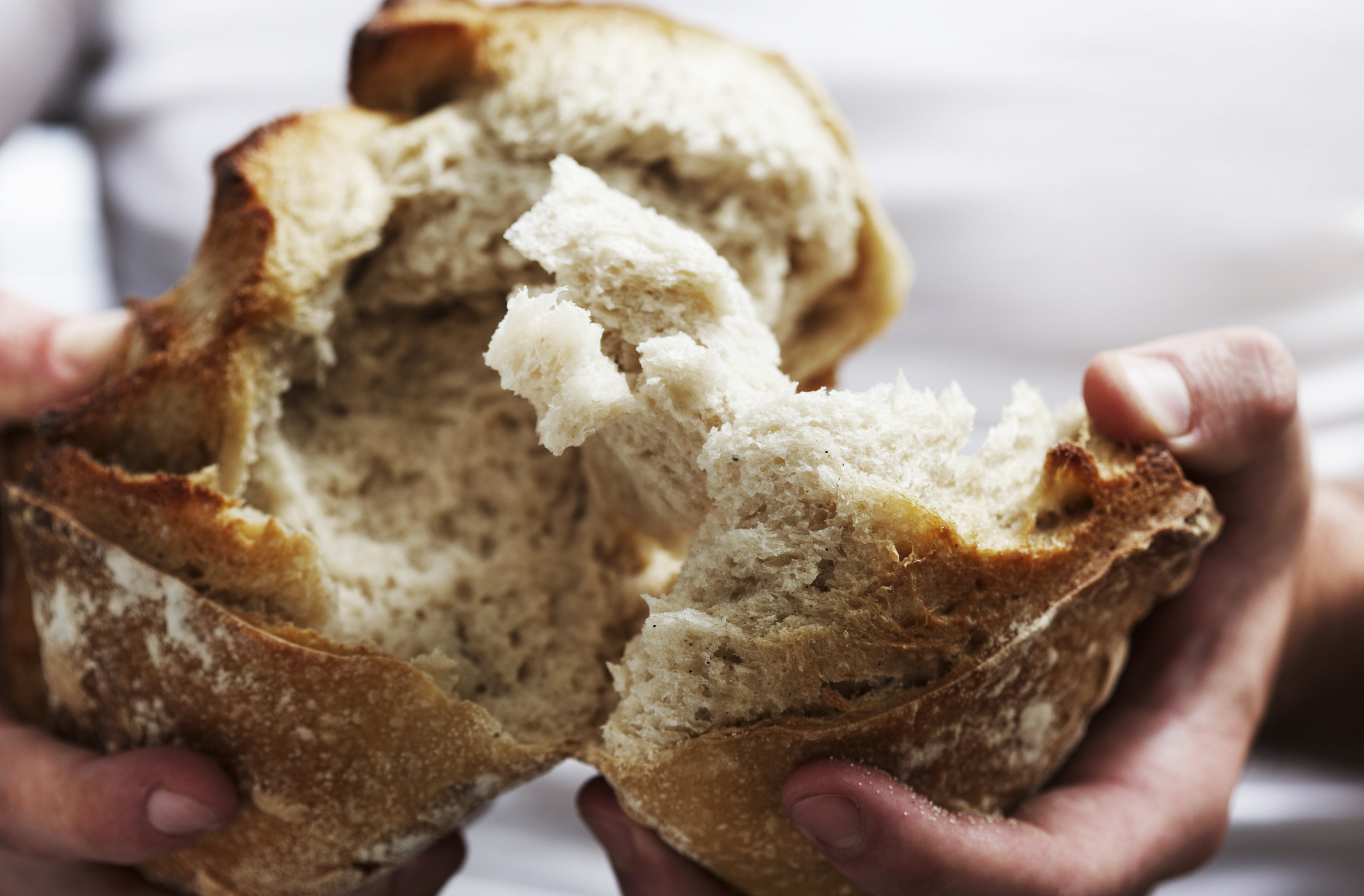
A freshly made or shop-bought loaf can be kept on the kitchen counter out of direct sunlight or heat - a bread bin is the perfect way of keeping your bread cool but not drying it out. If you're not going to be able to eat your loaf before it expires, stick it in the freezer and defrost a few slices at a time or use to make toast without defrosting.
Tomatoes
Tomatoes just love the sunshine - they will grow to their full potential when basking in the sun rays so if you pop them in the fridge after you've picked them or bought them from the supermarket, they're crying out for warmth.
Cold air can turn your tomatoes flesh into mush so store them in the cupboard or even in your fruit bowl instead.
Onion
You might think keeping an onion in the fridge is the best way for it to stay fresh but think again. Storing your onion in the fridge will cause it to lose it's fresh flavour, crisp bite and taste.
If you've got an unpeeled onion you should store it in a dry, well-ventilated location in your kitchen. Once you've chopped your onion, then you can store it in the fridge but make sure you keep it in a Tupperware box or an airtight container otherwise the smell of the onion will get soaked up by all your other veggies and they'll all taste of onion!
Honey
Storing honey in the fridge is a big no-no. If kept in the fridge honey can actually crystallise making it extremely hard to spread on your toast or spoon onto your bowl of porridge in the morning and that's all you need.
Honey should be stored in a dry place in a tightly closed container at room temperature.
Basil
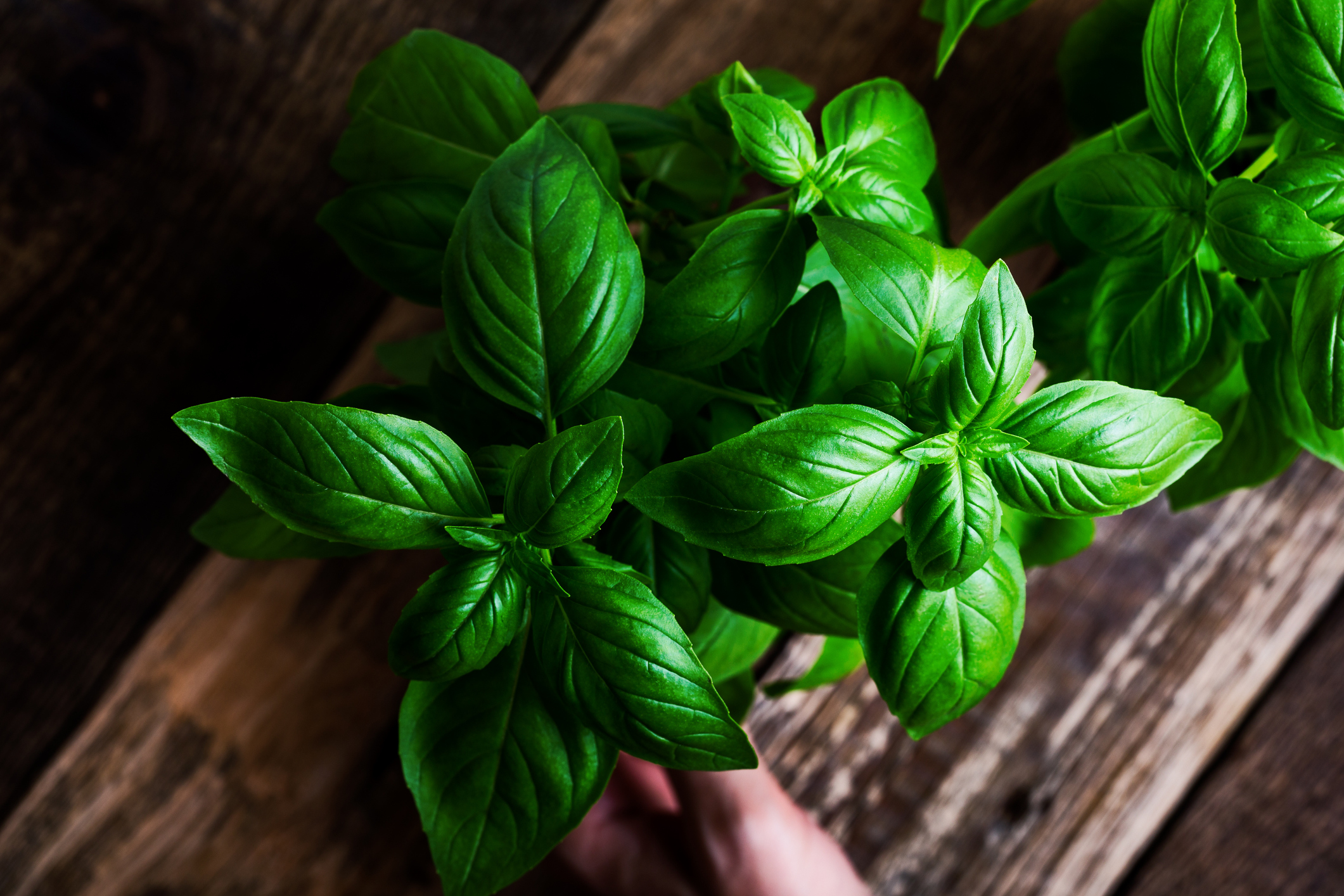
If you're a lover of fresh herbs and you often find yourself with heaps of basil - whether it's freshly grown or shop-bought, don't store it in the fridge. You might think it's a good way to make it last longer but in fact basil, like tomatoes, needs warmth.
One of the best ways to keep basil fresh is by treating it like a bunch of flowers. Keep it in a small vase or glass of water and just change the water every few days - simple!
Garlic
Not only will garlic stink the fridge out, it will also make other foods taste like garlic too if kept in the veggie draw. The flavour of the garlic can fade in the fridge as well meaning it won't be as strong as when you first bought it.
We'd recommend storing your fresh garlic in a cool, dry place like your kitchen cupboard or pantry. It should last up to 2 months if stored correctly.
Olive oil
Have you ever kept olive oil in the fridge before? We wouldn't recommend it! Storing it in the fridge will cause the oil to condense and harden. It'll be more like butter than oil in texture.
Olive oil is best kept in its original bottle in a cool, dark place like the kitchen cupboard.
Avocado
There's a rule when it comes to avocados and the fridge. If you've bought an avocado that you want to ripen, don't put it in the fridge but if you've got an avocado that's ripe and you don't want to eat it straight away, then you can store it in the fridge.
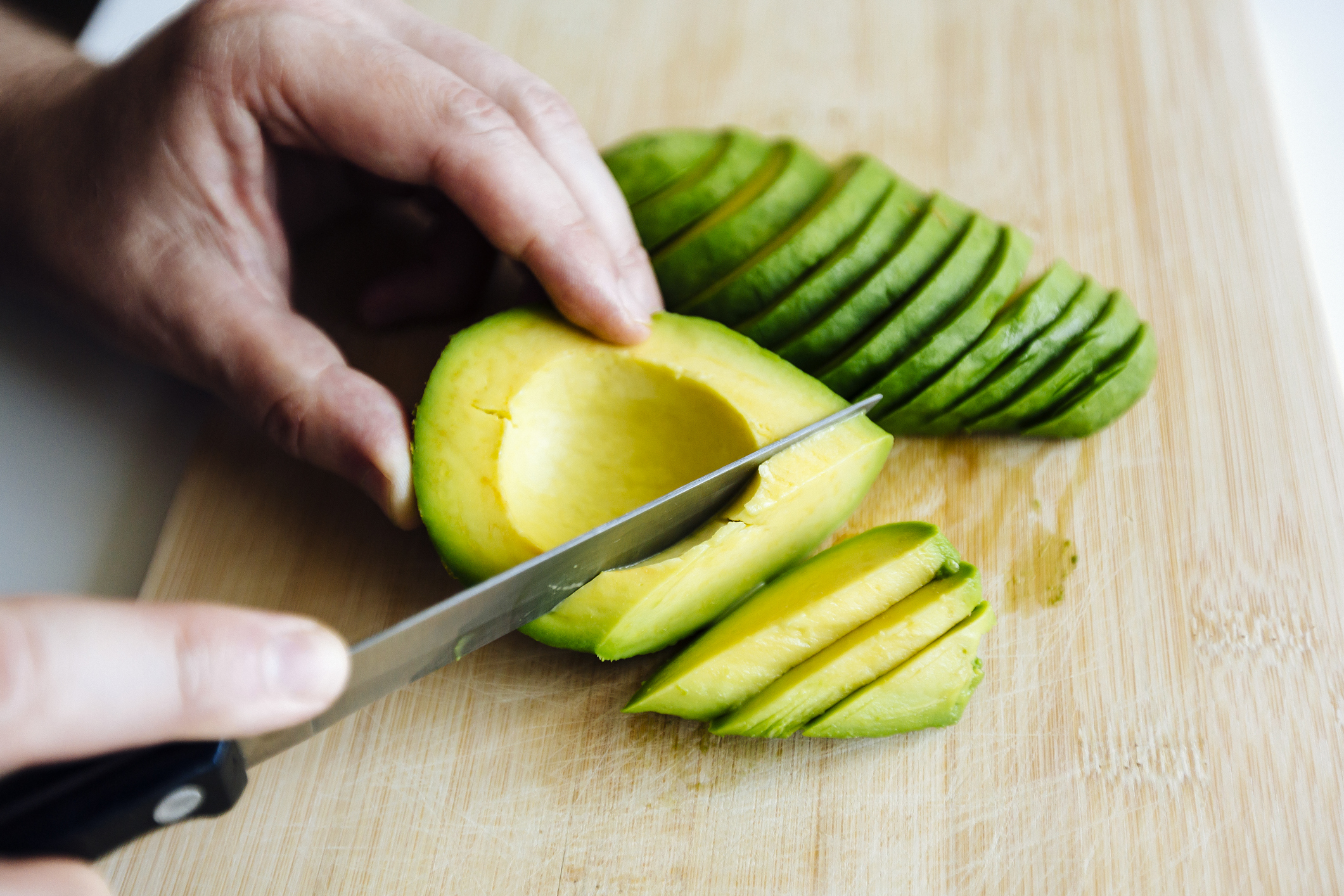
We'd recommend storing your avocado in your kitchen cupboard or even in the fruit bowl out of direct sunlight if you've got any windows nearby!
Apples
You might think the best way to keep those apples looking perfect is by keeping them in the fridge but you're wrong. The fruit bowl in your kitchen is the ideal place for your apples. You can keep them in the fruit bowl for about 2 weeks (if they're not starting to look sorry for themselves!) and then you can pop them in the fridge - just don't keep them in there for too long otherwise they'll dry out.
Ketchup
It turns out that, contrary to popular belief, Ketchup is not actually one of the foods that you need to keep refrigerated! Controversial - we know.
According to a survey by Which?, while egg-based items such as salad cream and mayonnaise should be kept in fridge, more vinegar-based condiments like Ketchup, brown sauce and pickle are perfectly fine in the cupboard. Although if you prefer your sauces cold, there's nothing wrong with keeping them refrigerated - so we say go for it!

Jessica Dady is Food Editor at GoodtoKnow and has over 12 years of experience as a digital editor, specialising in all things food, recipes, and SEO. From the must-buy seasonal food hampers and advent calendars for Christmas to the family-friendly air fryers that’ll make dinner time a breeze, Jessica loves trying and testing various food products to find the best of the best for the busy parents among us. Over the years of working with GoodtoKnow, Jessica has had the privilege of working alongside Future’s Test Kitchen to create exclusive videos - as well as writing, testing, and shooting her own recipes. When she’s not embracing the great outdoors with her family at the weekends, Jessica enjoys baking up a storm in the kitchen with her favourite bakes being chocolate chip cookies, cupcakes, and a tray of gooey chocolate brownies.